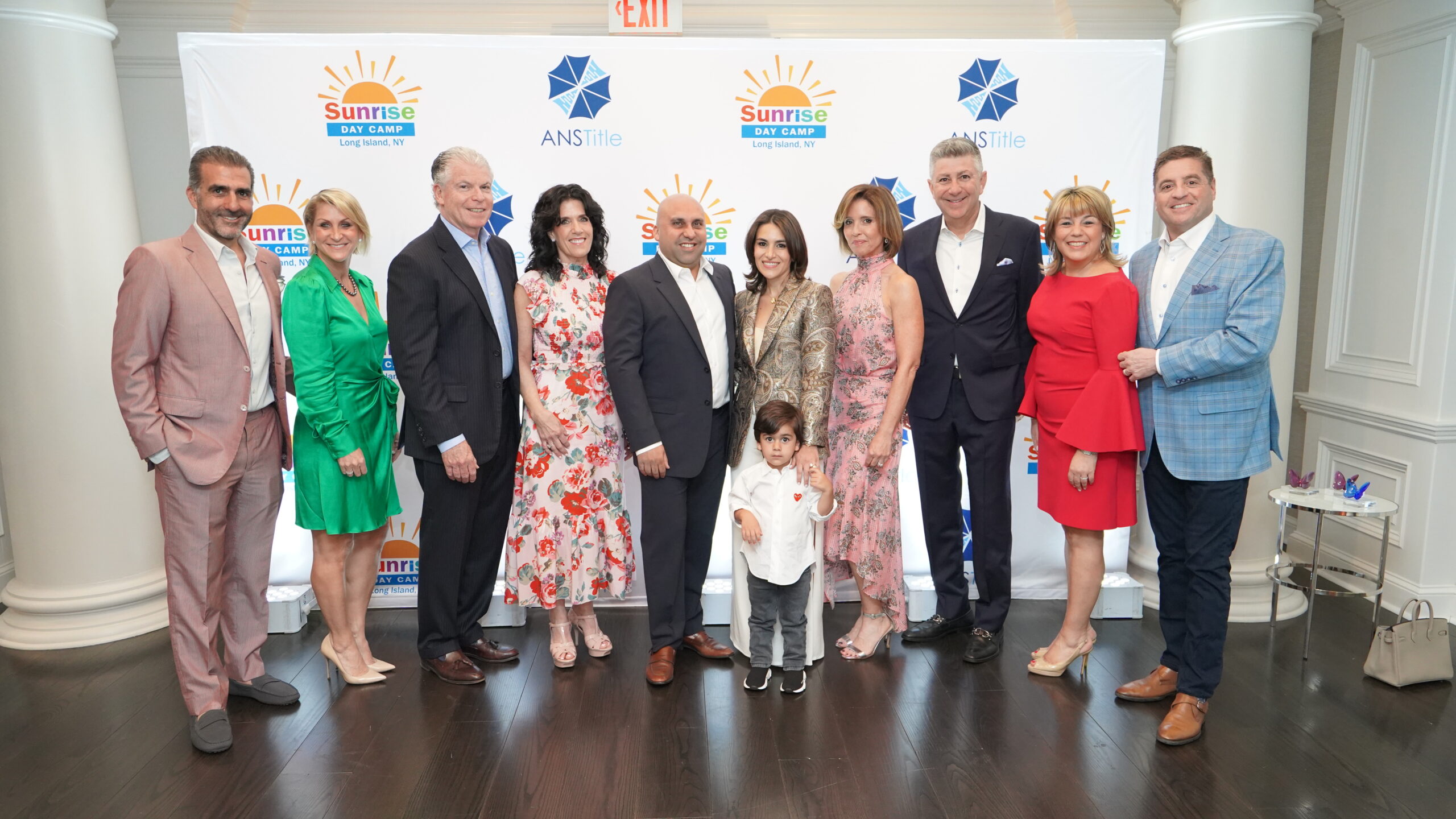Giving Hope, Strength and Joy to Children with Cancer and Their Siblings

Sharing Happiness
In 2023 alone, Sunrise Association has brought joy to over 45,000 children battling cancer and their siblings.
01234567890123456789012 , 012345678901234567890 012345678901234567890123456789 012345678901234567890
Campers at Sunrise Day Camps in 2023
0123456789012345678901234 , 01234567890123456789012345678 0123456789012345678901234567 01234567890123456789012345
Children participating in our in-hospital programs
012345678901234567890123 01234567890123456789012345678 , 012345678901234567890123456 012345678901234567890123456 012345678901234567890123456789
Kids engaged through Sunrise virtual programs
0123456789012345678901 Millon
Sunrise Smiles

Spreading Smiles Around the World
Sunrise’s magic stretches from coast to coast in the US and around the world. We’re bringing smiles to children everywhere by opening new camps and expanding our in-hospital programs.
0123456789012345678901 01234567890123456789012
Day Camps
012345678901234567890123456 01234567890123456789012
Sunrise On Wheels Programs
0123456789012345678901 012345678901234567890123456 0123456789012345678901234567
Hospitals reached by Virtual Programming
News & Events
Impact in Every Donation
Every dollar you give helps us spread joy in countless ways. While donations are used where they are most needed, your generosity could help provide toys, a day filled with laughter at camp, or sweet summer treats for our brave children.
 $300
$300
Fill the Sunrise on Wheels Trunk with Toys
 $150
$150
One day at Sunrise Day Camp
 $50
$50
Ice cream for the summer for a child




















